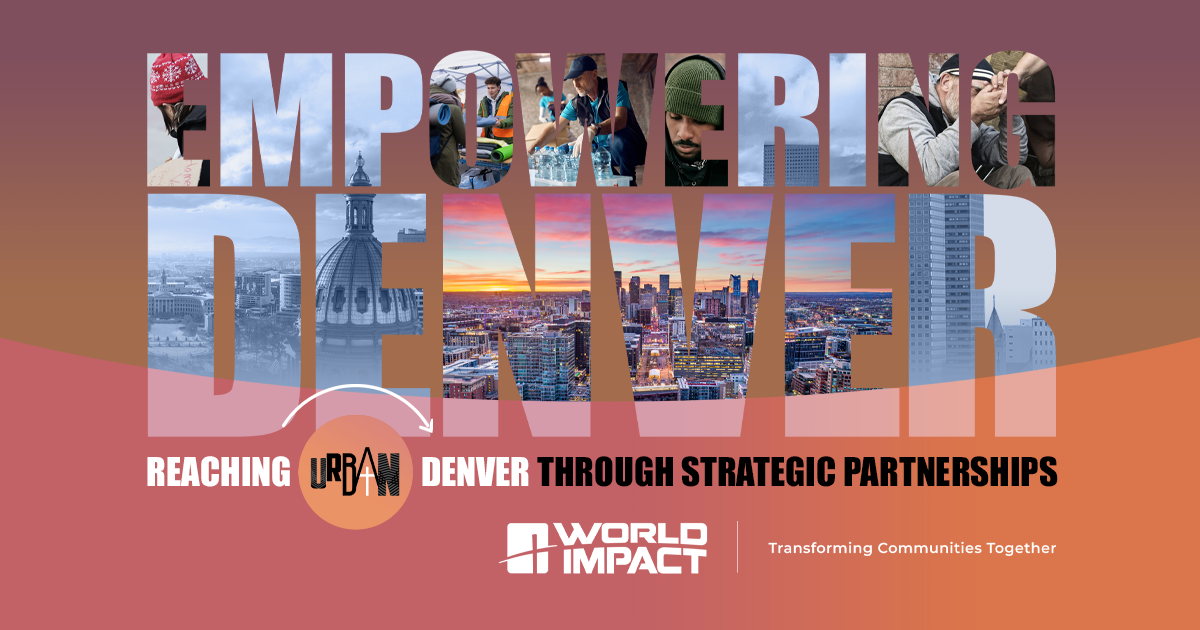The poor and incarcerated have abilities empowered by Christ to lead others to Christ, plant churches, transform communities, and unleash compassion and justice. The Apostle Paul truly believed this.
We see this exemplified in the book of Philemon. Paul is writing to Philemon, who became a Christian through the ministry of Paul and later became a minister in one of the churches Paul planted. Philemon was a person of wealth and influence, and he owned a slave named Onesimus. Onesimus fled from his slavery under Philemon, and when Paul finds him, Onesimus is incarcerated. Paul is writing to Philemon to advocate for Onesimus.
Onesimus’s slavery points us to his place in society—he is poor and marginalized. He is incarcerated alongside Paul, who was thrown in jail for the crime of advancing the Gospel of Christ. Onesimus’ story of poverty, marginalization and incarceration is the same story for far too many in this nation. I recently watched a documentary on Netflix called 13th that specifically looks at the connection between slavery and mass incarceration for African American males in this country. I highly recommend this documentary to Christians not only to raise awareness on an important issue, but also to lead us to an important social issue raised in the Scriptures. Paul shows us how the church can step into the complexities of poverty, slavery, and incarceration for the sake of advocacy, transformation, and empowerment.
Paul leads Onesimus to Christ while they are incarcerated and takes him as a spiritual son. He disciples him and he also advocates on his behalf to Philemon. He challenges Philemon to receive Onesimus back not as a poor person, a slave, or even a law-breaker, but as a Brother. He even offers to pay any remaining debt Onesimus may still owe Philemon. Paul acts as a powerful symbol of the heart of Christ and the mission of the Church.
Today, we are called to love, reach, advocate for, and empower the poor, marginalized, enslaved, and incarcerated. What if we treated the marginalized and incarcerated as family members? What if we challenged people of wealth and influence to receive them as family members as well? Some scholars believe that Onesimus eventually went on to be a Bishop in Ephesus. What an incredible story!
Paul’s role in the life of Onesimus provides the missional blueprint for the role of the church in the lives of the outcast, troubled, and thrown-away in our own society. Christians cannot afford to stand on the sidelines and simply use political rhetoric to provide commentary on the poor. The church must rise up and claim the least of these as family members. Our relationship, or lack thereof, with the poor and incarcerated is directly connected to our intimacy, or lack thereof, with Christ (Matthew 25:31-46). Christians cannot stand on a religious hill, looking down on the poor and incarcerated. We cannot watch riots, homicides, and tensions between police departments and under-resourced African American communities in judgment. We must ask ourselves how we’re using our time, talent, and treasure to see life transformation and empowerment take place in this troubling mission field. If you are not already, I ask that you would prayerfully consider being a missional partner with us at World Impact. A great opportunity awaits us.
Read more from Efrem Smith.

